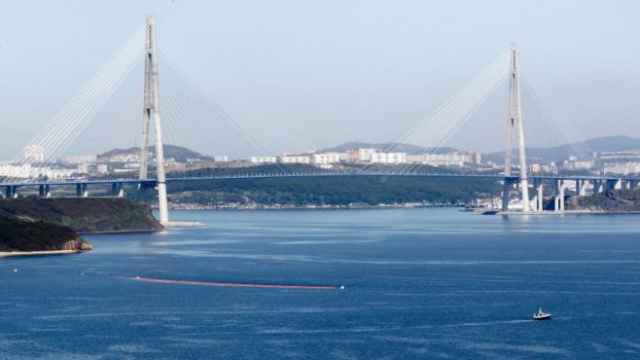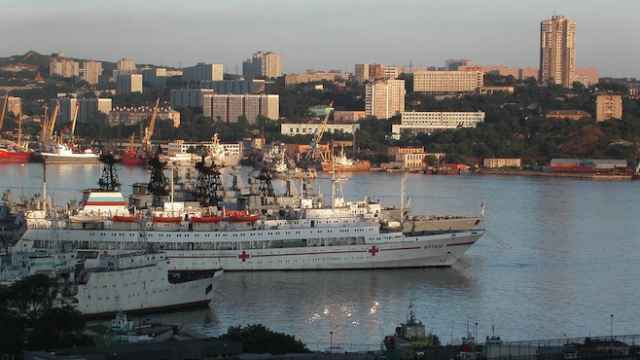Authorities in Russia's Far East are handing out hectares of land free of charge in a bid to attract people to the vast region, which offers its sparse population a wealth of resources and a harsh climate.
The offer is available to all Russian citizens, the only requirement is that people put the land to use.
The land can be used "for any purpose," including farming or building a home, just as long as the land is being used at all, the Far Eastern Development Ministry said on the website it runs for the project, NaDalniyVostok, or "To the Far East."
Those interested in the offer can hold on to their land plots free of rent, tax or any other payments for five years and will then receive ownership titles to the plots, also free of charge, if they can prove the land has been used during that period, the ministry said.
"Unused land plots will be confiscated," it added.
Land allocations can reach up to 1 hectare per person — meaning that a family of five can claim up to 5 hectares, the statement said.
No advance travel to the Far East is required: Interested parties can choose a land plots using an online map.
The project could increase the region's population nearly six-fold — to 36 million people, from the current 6.4 million, according to estimates by Russia's Minister for the Development of the Far East, Alexander Galushka.
"We view this project as a possibility for Russian citizens to achieve self-realization in our Far East, and for attracting people to the region," Galushka said this summer, according to comments posted on his ministry's website.
A survey commissioned by the ministry from the state polling agency VTsIOM indicated that one in five Russians would consider relocating to the Far East and settling there permanently if they receive free land, Galushka said. The number is about 50 percent higher among young Russians, he added.
A Message from The Moscow Times:
Dear readers,
We are facing unprecedented challenges. Russia's Prosecutor General's Office has designated The Moscow Times as an "undesirable" organization, criminalizing our work and putting our staff at risk of prosecution. This follows our earlier unjust labeling as a "foreign agent."
These actions are direct attempts to silence independent journalism in Russia. The authorities claim our work "discredits the decisions of the Russian leadership." We see things differently: we strive to provide accurate, unbiased reporting on Russia.
We, the journalists of The Moscow Times, refuse to be silenced. But to continue our work, we need your help.
Your support, no matter how small, makes a world of difference. If you can, please support us monthly starting from just $2. It's quick to set up, and every contribution makes a significant impact.
By supporting The Moscow Times, you're defending open, independent journalism in the face of repression. Thank you for standing with us.
Remind me later.






